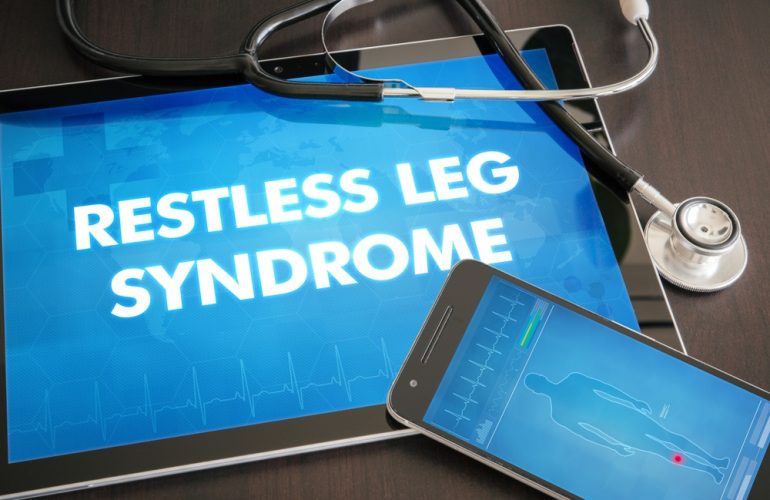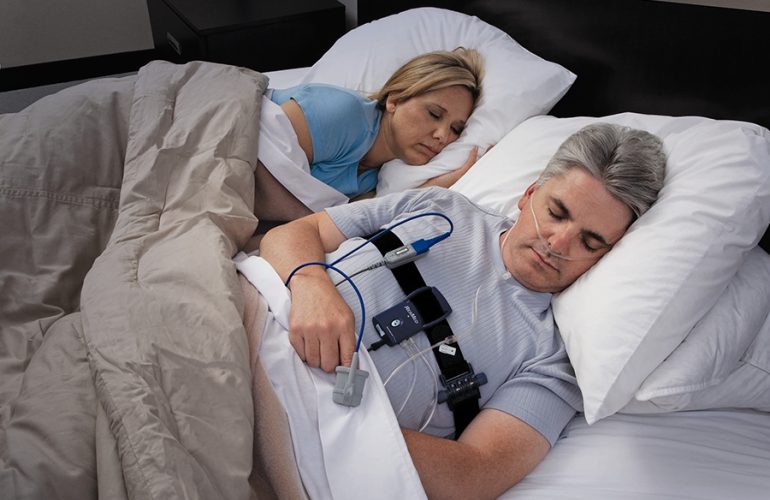Some nights it’s easy to drift off. Other nights, not so much. When trouble sleeping turns into a regular struggle, it can leave us feeling drained no matter how early we go to bed. If sleep problems start getting in the way of how we function during the day, that’s when many people start thinking about getting help.
Visiting a sleep disorder clinic in Kansas City can be one of the best steps when fatigue, snoring, or restless nights will not go away on their own. For a lot of people, that first visit offers something they have not had in a while, real answers. Knowing what to expect can make the idea of going a little easier. Here is what may happen during that first appointment, and why the process feels a lot more supportive than most expect.
What Brings People to a Sleep Clinic
People come to sleep clinics for all kinds of reasons. Some can’t fall asleep. Others wake up too often during the night. Some deal with loud snoring that keeps their partner up, and sometimes keeps them from breathing well, too. For many, the main sign is simple: they’re just tired all the time, no matter how much sleep they think they’re getting.
Sleep problems can start small but grow over time. When we’re not rested, it’s harder to stay sharp at work or school. Our mood can shift, and we may feel short-tempered or foggy without knowing why. That daily tiredness can become its own kind of stress, especially if it starts changing how we interact with others.
It’s easy to guess or try things like adjusting bedtime or cutting back on screens. But when the guessing doesn’t help, it’s a sign that outside help might be needed. Sleep experts are trained to spot patterns and guide people toward the right path, not just with opinions, but through science-backed methods that make sense for daily life.
What Your First Visit Might Look Like
When someone walks into a sleep clinic for the first time, the goal isn’t to overwhelm. It’s to listen and understand what’s really been happening at night, and how it’s affecting the day. Most initial visits begin with some simple questions. You might talk about how long it takes to fall asleep, what your evenings look like, or whether you feel rested when you wake up.
From there, you’ll usually meet with a sleep specialist. This is the person who walks through your background and helps figure out what needs more attention. They might ask about snoring, naps, or your energy from morning to evening. Think of it as a conversation, not a test. The goal is understanding, not judgment.
Many people say the clinic environment feels more peaceful than expected. The space is usually quiet, calm, and set up to make people feel at ease. It’s built for rest, not rushed appointments. That feeling of comfort can play a big part in making it easier to talk through what’s been going on.
How Sleep Testing Works
Sometimes the next step is a sleep study, especially when more detailed information is needed. There are a couple of ways this can happen. For some, it’s done at home with a lightweight machine that tracks breathing and sleep patterns. For others, testing may happen overnight at the clinic in a room set up to look and feel as home-like as possible.
Here’s what a typical sleep study might involve:
- Small sensors placed on parts of the body to track movement, breathing, and sleep cycles
- A soft band or clip that keeps an eye on oxygen levels
- A monitor to track brain waves and how deep or light your sleep is
While the machines may sound complicated, most people say they’re not as uncomfortable as they feared. The goal is to learn what’s really happening during sleep, things you might not even notice yourself. These tests can help figure out if someone has a condition like sleep apnea, restless leg syndrome, or another issue that’s breaking up the rest they’re getting.
At Sweet Sleep Studio, we specialize in affordable in-home sleep studies, providing a convenient option for patients throughout the Kansas City area who may prefer comfort and privacy. Dr. Abid Bhat, our board-certified sleep specialist, leads our team in diagnosing and managing sleep disorders using a blend of Western medicine and integrative wellness care.
Treatment Plans That Fit Your Life
Once testing is complete, your sleep specialist reviews all the information and starts building a treatment plan that actually fits into your day-to-day life. There is no one-size-fits-all solution. What works for one person may not be right for another.
Here are a few examples of how plans often get shaped:
- Machines like CPAP devices may be suggested for people who stop breathing during sleep
- Small lifestyle changes like shifting bedtime or cutting out late-day caffeine might help with falling asleep
- Tools for aligning sleep habits with natural rhythms may help those who wake too early or sleep too late
What matters most is that the treatment makes sense for how you live. If something feels hard to stick with, your sleep doctor can work with you to adjust it. The goal is to feel better without adding unnecessary stress. That’s why these plans usually mix medical support with practical steps that fit into everyday routines.
What Happens After
Getting better sleep doesn’t always happen overnight. That’s why follow-up visits are part of the process. These check-ins make space to talk about how things are going and adjust the plan if needed. If something isn’t working as well as expected, it’s okay, that’s a normal part of figuring things out.
Some people meet with their sleep specialist again after a few weeks. Others may need a bit more time before their next check-in. These appointments help track progress, answer questions, and offer encouragement along the way. Every step is focused on helping you notice improvements, even if they’re small at first.
The truth is, sleep takes time to improve, but with the right plan and support, the signs of progress often show up before long. More energy during the day. A clearer head. Maybe even mornings that feel a bit easier.
Better Sleep Starts with Knowing Where to Go
When sleep becomes a struggle and nothing seems to help, having a place to turn can make a big difference. A sleep disorder clinic in Kansas City is not about one quick fix, it’s about figuring out what’s causing the problem and walking through it piece by piece with people who understand what to look for.
Many of us push through tiredness for weeks or months thinking it will pass. But real rest starts when there’s space to slow down and find out what’s really happening beneath the surface. When our sleep improves, everything else can feel more manageable, from thinking clearly to just enjoying our day.
Getting support that feels personal and grounded can change how we sleep and how we live. And that kind of care is what makes a lasting difference.
At Sweet Sleep Studio, we understand how challenging it is when restful sleep feels out of reach and fatigue impacts your daily routine. Whether you’re dealing with loud snoring, restless nights, or feeling exhausted every day, we begin by listening and getting to know your concerns. Many people choose a trusted sleep disorder clinic in Kansas City for the answers and compassionate support they need, and we’re here to help you find a healthier path forward. When you’re ready to make better sleep a priority, reach out to schedule your first appointment.




